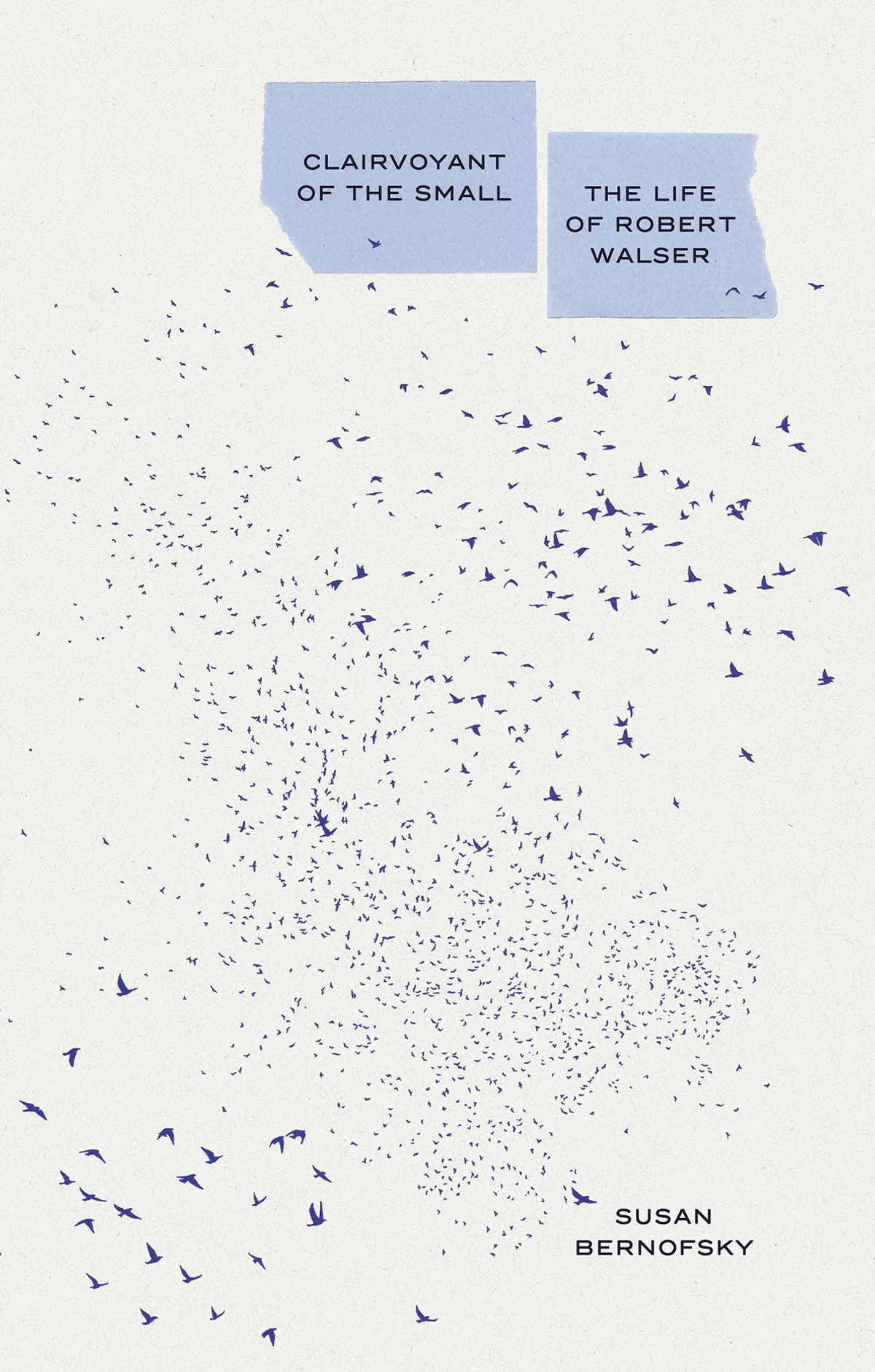by Andrea Scrima
 Clairvoyant of the Small, Susan Bernofsky’s long-awaited biography of the Swiss modernist writer Robert Walser, is erudite, painstakingly thorough, and sensitively written. Readers of Walser finally have a volume that connects the development of the writer’s work and its publishing history to the various episodes of his peripatetic adult life in the cities of Biel, Bern, Zurich, Berlin, and finally the sanatoriums in Waldau and later Herisau, where Walser—revered by Franz Kafka and Max Brod, Walter Benjamin, W. G. Sebald, and many others—presumably ceased writing altogether.
Clairvoyant of the Small, Susan Bernofsky’s long-awaited biography of the Swiss modernist writer Robert Walser, is erudite, painstakingly thorough, and sensitively written. Readers of Walser finally have a volume that connects the development of the writer’s work and its publishing history to the various episodes of his peripatetic adult life in the cities of Biel, Bern, Zurich, Berlin, and finally the sanatoriums in Waldau and later Herisau, where Walser—revered by Franz Kafka and Max Brod, Walter Benjamin, W. G. Sebald, and many others—presumably ceased writing altogether.
Bernofsky traces the development of Walser’s work chronologically, contextualizing his books, stories, novellas, short prose pieces, and feuilletons in the timeline of available biographical information. She cites from letters written by Walser and his friends and publishing associates as well as from key passages in his work that reveal turning points in narrative form and linguistic innovation. One of the book’s greatest treats comes when Bernofsky delves into Walser’s late style, which employs language in a way that is “not just descriptive but constitutive in constructing a literary reality.” Writing about Walser’s secret and radically experimental novel The Robber, finished in 1925 but not published until the 1970s, she asserts: “So rich in digressions that detours seem to be its primary narrative mode, it is also thick with metaphors sprawling so out of control they seem to offer their own alternate realities.” Here is where Bernofsky, one of Walser’s most dedicated and accomplished translators, reveals her intimacy with the inner substance of his literary project. Her analyses of Walser’s linguistic devices—the abstract nouns he invented to humorous effect (e.g. the wonderful term corridoricity, meaning “behavior that takes place in corridors, such as abruptly slipping away while someone is talking to you”); the playful portmanteaux (“spazifizotteln, composed of spazieren (to walk) and zotteln (to dawdle) by way of spezifizieren (to specify)”); the delightful coinages that evoke indelible images (Töchterchenhaftigkeiten, or littledaughtlerlinesses)—offer excellent insight not only into the prodigious task of translating this at times nearly untranslatable writer, but also the unique, oftentimes abstract beauty of Walser’s inimitable voice. Read more »
